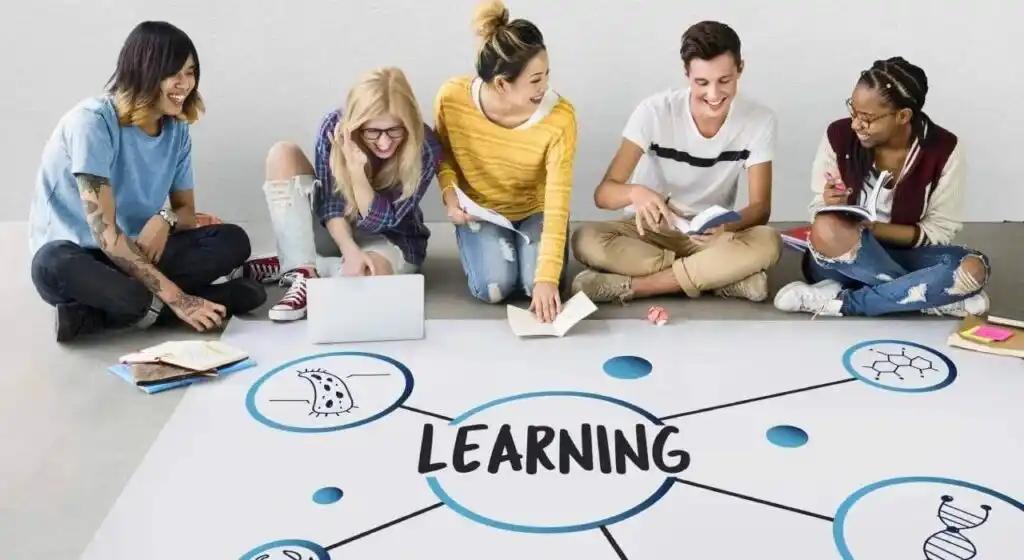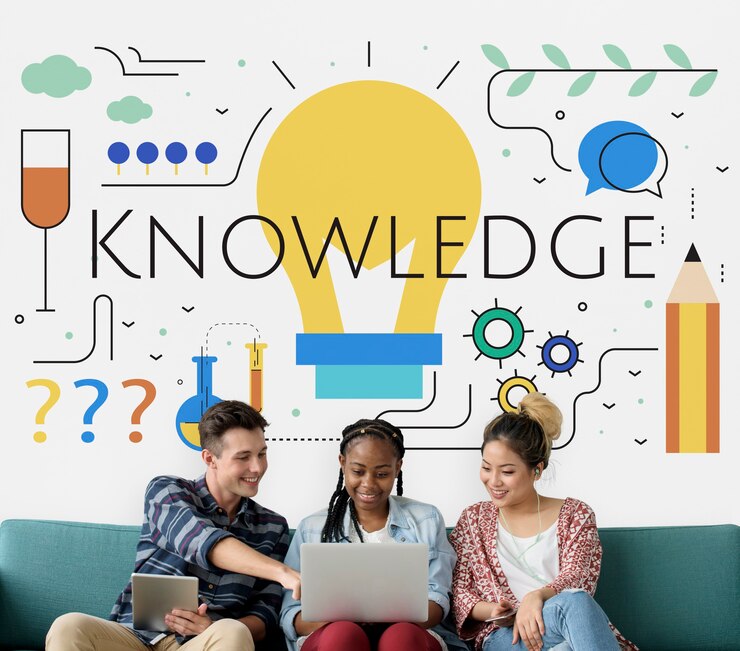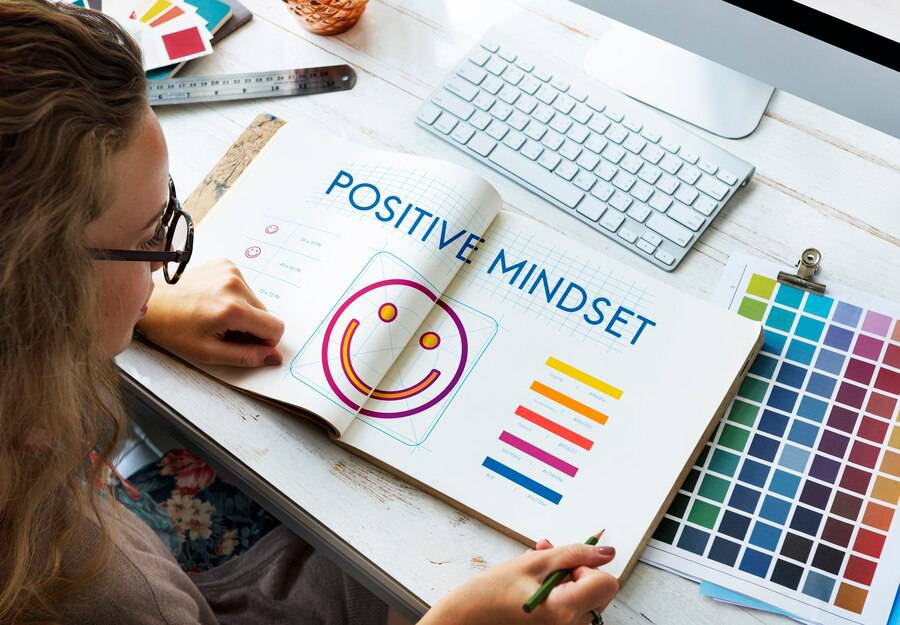
The Psychology of Learning: How to Train Your Brain for Success
In today’s fast-paced world, where information is at our fingertips, the ability to learn effectively is more crucial than ever. Whether you’re a student, professional, or lifelong learner, understanding the psychology of learning can significantly enhance your ability to acquire and retain knowledge. This blog explores how learning works. It shares tips on training your brain for success. We’ll look at the best brain hacks for remembering things.
Learning isn’t just about taking in facts. It’s about how your brain processes, stores, and retrieves that information. Using cognitive science principles can help you learn better and reach your educational goals more easily. Let’s explore the exciting field of learning psychology. You’ll see how to tap into your brain’s power to reach your goals.
Why Understanding the Psychology of Learning Matters

Enhancing Knowledge Retention
One of the primary goals of learning is to retain information for future use. Cognitive science helps us understand memory. This knowledge lets you create strategies to improve how well you remember things. When you know how your brain processes information, you can use techniques to better remember and use what you’ve learned.
Optimising Mental Performance
Mental performance goes beyond just intelligence. It’s about how well you use your brain to solve problems, make choices, and learn new skills. Using ideas from cognitive science can boost your mental performance. This makes you more efficient and effective in learning.
Real-Life Applications
The principles of the psychology of learning have practical applications in various aspects of life. Knowing how your brain works can help you study for exams, learn new skills, or boost your job performance. This understanding can make reaching your goals easier.
Step-by-Step Guide to Training Your Brain for Success
Step 1: Understand Your Learning Style
Everyone has a unique learning style, which influences how they process and retain information. Some people are visual learners, while others prefer auditory or kinesthetic learning.
- Visual learners absorb information best through diagrams, charts, and images.
- Auditory learners retain information through listening and verbal explanations.
- Kinesthetic learners learn best through hands-on activities and movement.
Tip: Identify your learning style to tailor your study methods, making learning more effective and enjoyable.
Step 2: Set Clear Learning Goals
Setting clear, achievable learning goals is crucial for maintaining motivation and focus. Define what you want to learn and why. Break down your goals into smaller, manageable tasks, and track your progress to stay on course.
Example: Instead of saying, “I want to learn Spanish,” set a clear goal like, “I will learn 20 new Spanish vocabulary words per week for three months.”
Step 3: Use Active Learning Techniques
Active learning involves engaging with the material in a meaningful way, rather than passively consuming information. Techniques such as:
- Summarising concepts in your own words
- Asking questions while studying
- Teaching others what you’ve learned
These techniques help reinforce your understanding and improve retention.
Step 4: Implement Spaced Repetition
Spaced repetition is a powerful technique for enhancing memory retention. It means looking over information at longer gaps. This helps your brain build and strengthen memories as time goes on.
- Use apps like Anki or Quizlet for spaced repetition flashcards.
- Review material regularly to prevent forgetting.
- Gradually increase the time intervals between review sessions.
Step 5: Practice Mindfulness and Focus
Mindfulness is the practice of being present and fully engaged in the moment. Practising mindfulness can boost your concentration and focus. This helps you absorb and remember information more easily.
- Practice deep breathing exercises before studying.
- Use meditation apps like Headspace or Calm to improve focus and mental clarity.
- Minimise distractions by creating a quiet, dedicated study space.
Step 6: Prioritise Sleep and Nutrition
Your brain’s performance is closely linked to your physical well-being. Prioritising adequate sleep and a balanced diet can significantly impact your cognitive abilities.
- Aim for 7–9 hours of sleep per night to support memory consolidation.
- Eat brain-boosting foods like blueberries, nuts, and dark chocolate.
- Stay hydrated to improve concentration and mental clarity.
Additional Expert Tips & Common Mistakes to Avoid

Best Practices for Optimising Mental Performance
- Embrace Lifelong Learning: Keep a growth mindset. Always look for new knowledge and experiences. This attitude fosters adaptability and resilience, enhancing your ability to learn and grow.
- Utilise Technology Wisely: Leverage educational apps and online resources to supplement your learning. Avoid distractions and information overload.
- Get Moving: Regular exercise can boost your brainpower and memory. Incorporate exercise into your routine to boost brain health and performance.
Common Mistakes and Misconceptions
- Cramming: Many students use cramming before exams. However, this method doesn’t help with long-term memory. Instead, use spaced repetition and active learning techniques.
- Multitasking: It might look efficient, but it can hurt your focus and memory. Focus on one task at a time for better results.
- Overestimating Learning Capacity: Avoid overloading your brain with too much information at once. Take breaks and give yourself time to process and consolidate new knowledge.
Advanced Insights & Expert Recommendations
Leverage the Power of Habits
Developing positive learning habits can significantly impact your success.
- Create a consistent study routine with dedicated time blocks.
- Try the “Pomodoro Technique.” Work for 25 minutes, then take a 5-minute break. This helps boost your focus.
- Build a habit of daily reflection to review and reinforce your learning.
Explore Metacognition
Metacognition refers to being aware of your own thought processes. Developing metacognitive skills helps you be more self-aware and strategic in your learning.
- Ask yourself questions about your learning strategies:
- “How well did I understand this material?”
- “What can I do differently next time?”
- Regular self-assessment helps identify areas for improvement.
How to Train Your Brain for Success
Learning psychology gives you helpful tips on training your brain for success. Get to know how the brain learns. Use effective brain hacks to help you remember better. This way, you can boost your mental performance and reach your learning goals.
Learning is a lifelong journey. The strategies you build today will help you in the future. Embrace the principles of effective learning, and unlock your brain’s potential for success.
Are you ready to take your learning to the next level? Begin using these strategies and watch how they improve your ability to learn and remember. To become a successful self-learner, start by understanding how your brain works. Use that knowledge to your advantage.